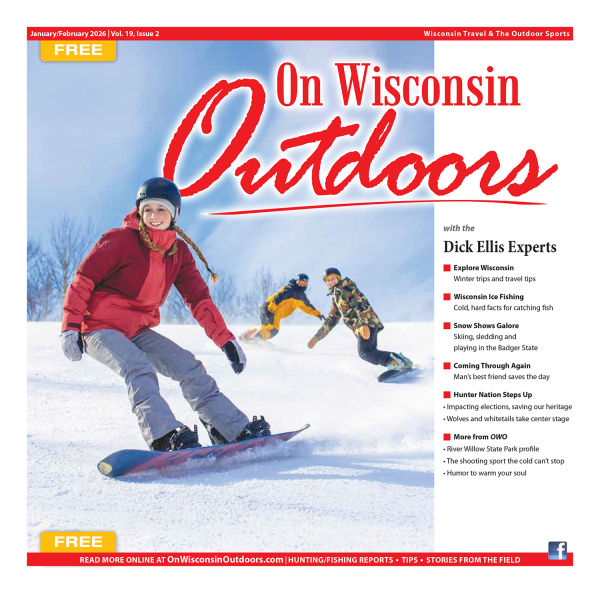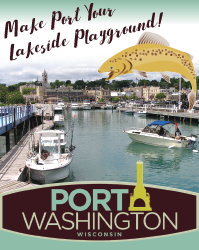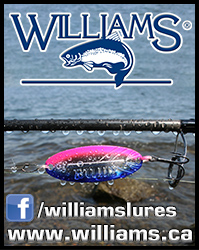Comments sought on Lake Michigan fisheries management plan update
MADISON – The state is revising its long-term fisheries management plan for Wisconsin’s Lake Michigan waters and invites anglers and others to provide ideas for future management goals and tasks.
“We’re starting another 10-year look forward and want to know if people have advice for continuing some of the great fishing the current plan has helped deliver, and advice on how to respond to the great changes we’re seeing in the ecosystem,” says Bill Horns, Great Lakes fisheries specialist for the Department of Natural Resources.
People who are interested in commenting can find the current plan, a review of progress on implementing that plan, and information about challenges to the ecosystem, on DNR’s website, dnr.wi.gov, by searching for keyword “Lake Michigan Plan.”
Comments can be sent to Bill Horns at William.Horns@Wisconsin.gov or Bill Horns, FH/4, Department of Natural Resources PO Box 7921 , Madison WI, 53707-7921.
DNR manages Lake Michigan fisheries in partnership with other state, federal, and tribal agencies, and in consultation with the public, particularly sport and commercial fishers. DNR’s “2003-2013 Lake Michigan Integrated Fisheries Management Plan” set four main goals: provide a diverse, balanced healthy ecosystem, a diverse, multi-species sport fishery, a stable commercial fishery and science based management.
To start the review process, DNR biologists and technicians who work on Lake Michigan and tributary waters reviewed the 2003-2013 plan task by task and inserted comments on whether the particular task or “tactic” was undertaken.
“In general, we made good progress toward the things we said we would do,” Horns says. Among those accomplishments were managing chinook populations to fuel a run of fantastic fishing (four of the top six chinook harvests occurred in the past eight years), and then successfully working with states starting in 2006 to adjust stocking levels to better balance the number of fish stocked with available food.
Completing the major renovation of Wild Rose State Fish Hatchery, the main supplier of trout and salmon to Lake Michigan, enhancing walleye and northern pike spawning habitat in the Milwaukee and Menominee rivers and in roadside ditches along Green Bay are among the tasks achieved. Removal of barriers to fish passage in the Milwaukee River, sturgeon rehabilitation using stream-side rearing facilities in the Kewaunee and Milwaukee Rivers, and stocking of Great Lakes spotted musky in Green Bay to support the popular fishery established there over the last decade were among the other accomplishments.
Horns says that over the last decade the open water area in the middle of the lake has become much less productive, a change that most biologists attribute to the arrival and proliferation of the quagga mussel. Quagga mussels have colonized soft substrates in cold, deep waters, and have displaced zebra mussels from nearshore waters. They filter large volumes of water to remove plankton, and are credited with altering the entire food chain from the bottom up.
“The main fact we have to recognize and confront is that the ecosystem has changed and will likely continue to change. So what worked before may not work in the future,” Horns says.
Another major challenge is the need for renovating the fish production system, including importantly for Lake Michigan fishing, the Kettle Moraine State Fish Hatchery.
“Given the changes to Lake Michigan and the need to invest in our hatcheries, input from anglers and others is critical in developing a plan that keeps Lake Michigan healthy and provides sport and commercial anglers with good opportunities,” Horns says.
FOR MORE INFORMATION CONTACT: Bill Horns (608) 266-8782










